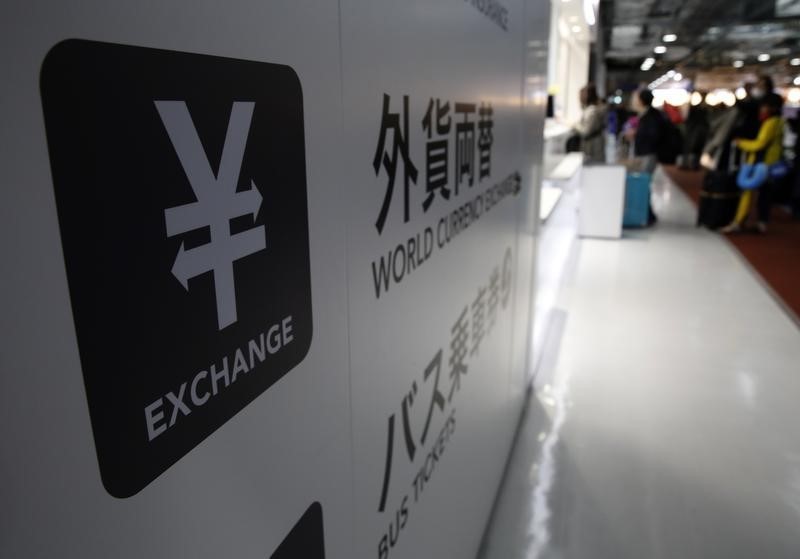By Karin Strohecker
LONDON, Jan 6 (Reuters) - Oil prices topping $70 a barrel
due to rising geopolitical tensions are piling the pressure on
emerging market crude consumers such as South Africa, Turkey and
India, already struggling to boost their fragile economic
growth.
Emerging markets have had a tumultuous time over the past
couple of years, with pressure from a strong dollar and the
fallout from the China-U.S. trade war adding to reverberations
from individual crises in countries like Turkey and Argentina.
More than half of the largest emerging market economies are
crude oil importers with China and India near the top of the
list. But much of the focus will be on sizeable emerging
markets, which depend heavily on foreign money flows and have
currencies that have struggled in recent months and years.
"Whenever commodities prices spike, and especially oil
prices, the analysis of effects on sovereign balance sheets
becomes pertinent again," said Bryan Carter, head of emerging
market fixed income at BNP Paribas Asset Management, adding much
of the impact depended on how long prices remained elevated.
Trouble could be brewing for those emerging economies in
particular that have been hit by a combination of currency
weakness, heavy reliance on dollar-denominated energy imports
and external funding flows.
"India and Turkey are generally the markets most associated
with being harmed by dear oil," Carter added.
Turkey, South Africa and India have all seen imports as a
share of GDP rise over the past two years, with fuel making up
an ever larger chunk.
And currency weakness has amplified the woes. While Brent
prices -- bar some ups and downs -- are trading broadly close to
levels seen two years ago, many emerging market countries have
seen prices jump in their own currencies.
"Oil has been rising since early October. It is up 20% and
we are entering a period when typically the market would be
oversupplied (because growth has been soft)," said Viktor Szabo
at Aberdeen Standard Investments.
"So if it stays here you have to rethink the slightly
stronger FX effect on inflation. Then you have to rethink your
rate assumptions and then on from there your growth
assumptions."
When oil prices gain, analysts also closely watch how
another oil shock might affect a country's import cover and the
adequacy of central banks' foreign currency reserves.
Importers such as India, China and Turkey are exposed to any
combination of a jump in import prices and higher domestic
demand, said Simon Quijano-Evans, chief economist at Gemcorp
Capital LLP.
"That is where higher FX reserves and real interest rates
step in to provide relative protection against any negative
spillover from higher commodity prices into FX depreciation and
inflation," he said.
<^^^^^^^^^^^^^^^^^^^^^^^^^^^^^^^^^^^^^^^^^^^^^^^^^^^^^^^^^^^
The pressure is on for EM oil importers https://tmsnrt.rs/2QuGehq
Currency woes add to the pressure https://tmsnrt.rs/2MZR7pn
FX reserves in focus https://tmsnrt.rs/2NfS2T5
^^^^^^^^^^^^^^^^^^^^^^^^^^^^^^^^^^^^^^^^^^^^^^^^^^^^^^^^^^^>
